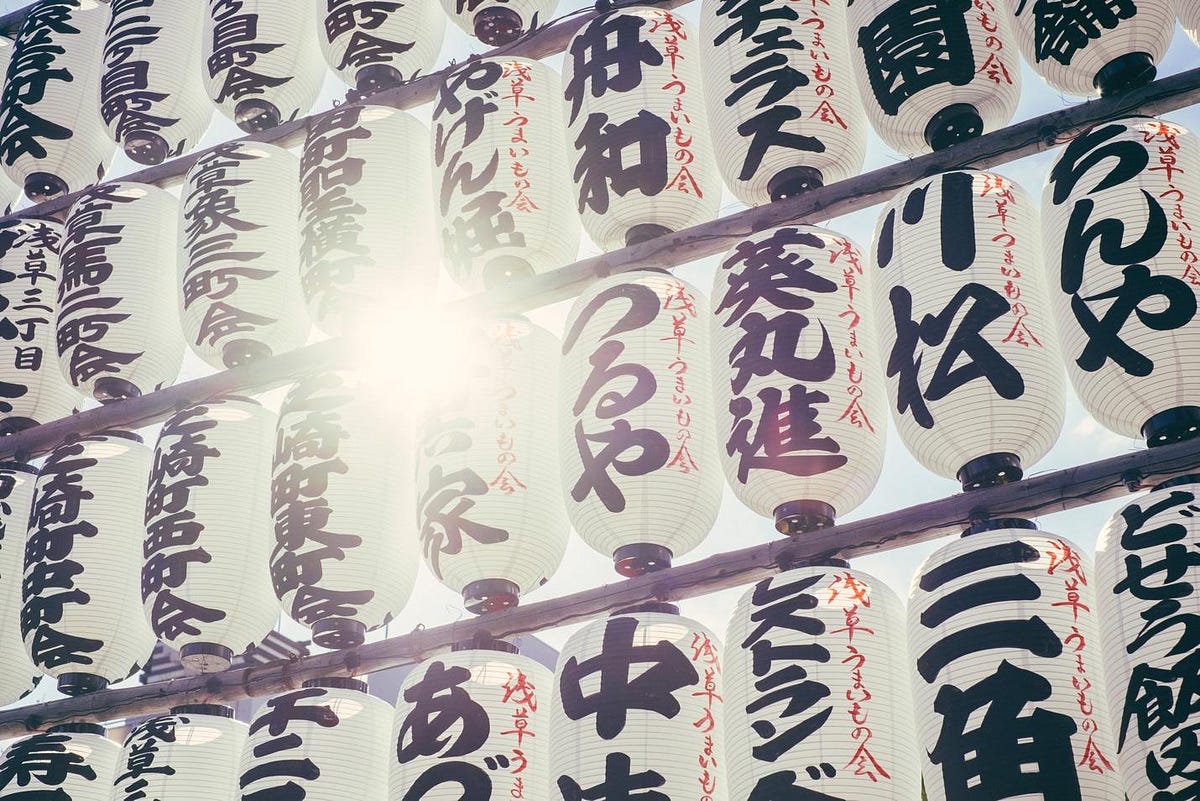What do you think it takes to be successful? Creativity, planning, and goal setting are probably at the top of that list.
But research doesn’t necessarily agree.
From a young age, we’re told that professional success leads to happiness and we need to set ambitious goals in order to get there.
The recent Operation Varsity Blues scandal, where wealthy parents paid exorbitant sums to ensure their children attended top US schools, demonstrates the problems that underlie modern concepts of ambition, success, and happiness.
Most people don’t have the resources to buy their way to the top, no matter the cost or consequences. But the scandal led me to reflect on what we define as the “top,” how quickly we’re supposed to get there, and whether common templates for success are even working.
As Rich Karlgaard noted in his recent Wall Street Journal article,
“Today we are madly obsessed with early achievement.”
I agree. I’ve seen firsthand how we tell kids and employees alike that, in order to be productive and successful, they have to set precise and challenging goals — and that doing so is the key to achievement.
We tell ourselves the same story.
But wisdom, philosophy, and modern research reveal something different. Let’s break the problem into segments.
The myth of aggressive goal setting
“Goals Gone Wild,” a working paper from Harvard Business School, debunks the myth that goal setting is an absolute must for successful businesses and organizations.
The authors argue that, “In many cases, the damaging effects of goal setting outweigh the benefits.” For instance, it negatively affects work performance, because goal setting often leads to tunnel vision. In the absence of a clear goal, we’re less motivated to work well. No prize, no motivation — and that’s not a sustainable model.
Then, there’s the more complex, philosophical issue of ambition, which underlies goal setting.
As an entrepreneur, I’m often labeled as ambitious and competitive. However, I don’t completely agree with that assessment. For example, the 20th-century Indian philosopher, Krishnamurti, argued that ambition (or perhaps the wrong kind of ambition) leads to conflict, unhappiness, and kills true creativity. That position also reflects what the Goals Gone Wild authors revealed in their paper: that overly specific and/or ambitious goals can actually sabotage success and decrease happiness.
Creating highly ambitious and aggressive goals often sets us up for failure. Conforming to a set of ideals that constrain our intrinsic, natural motivation and creativity can also impede our potential for success and happiness. It might even land us in hot water.
Take the race to build the 1971 Ford Pinto, for example. Engineers rushed to finish this cheap model, despite knowing that the fuel tank was just 10 inches behind the rear axle. The car famously exploded into flames when it was rear-ended.
Or, consider the public relations disaster Wells Fargo faced in 2016 after executives pressured employees to open new accounts. Without customer permission, over 1.5 million fake deposit accounts were opened and more than 500,000 fake credit cards were issued — all in the name of over-ambitious goal setting. Wells Fargo ended up paying more than $20 million in fines and over $10 million in restitution to its customers.
A solution to the ambition and unhappiness conundrum
Both Krishnamurti and Japanese wisdom say we need to love what we do, aim to get paid for that work, and try our best. When these three elements align, inner conflict ceases, creativity grows, and intrinsic motivation becomes a powerful driver that naturally boosts productivity.
Do your best and encourage colleagues and employees to do the same. The result will almost always be stronger and more satisfying than you expect.
In the book, “Ikigai: The Japanese Secret to a Long and Happy Life” authors Héctor García and Francesc Miralles explain the Japanese concept of Ikigai, which translates loosely to “the happiness of always being busy.” For example, Okinawan Japanese are statistically some of the happiest, healthiest and longest-living people in the world. The authors explain that part of their secret lies in the cultural emphasis on exploring and finding one’s reason for being.
The Ikigai recipe for happiness, health, and success features four concentric circles: what you love, what you’re good at, what the world needs, and what you can be paid for. We thrive when these four circles overlap — and the more overlap, the better.
At Jotform, I try to ensure our employees work in this same sweet spot. With over two million users and counting, we’re always looking to find that balance between what our customers need and how we can best provide it.
This concept of Ikigai is completely in line with the Harvard Business School research on the negative effects of aggressive goal setting. It also echoes Krishanmurti’s philosophy of foregoing traditional ambition and, instead, pursuing what you truly love and can be paid for — while encouraging employees, colleagues, and even your family to do the same.
Move past the small stuff
When we focus on the bigger picture, instead of narrow and aggressive goals, our work doesn’t cast a shadow over our own lives or the lives of others. It’s not burdensome and limiting. It’s not destructive or dangerous, and we’re inherently more creative, productive, successful and therefore, we naturally become happier.
Goal setting and ambition at all costs lives the past. Ikigai is the present and the future. We need to rethink how we characterize ambition in the workplace. Are traditional concepts of goal setting working as they should? Or, perhaps, it might be time for a change.















Send Comment: